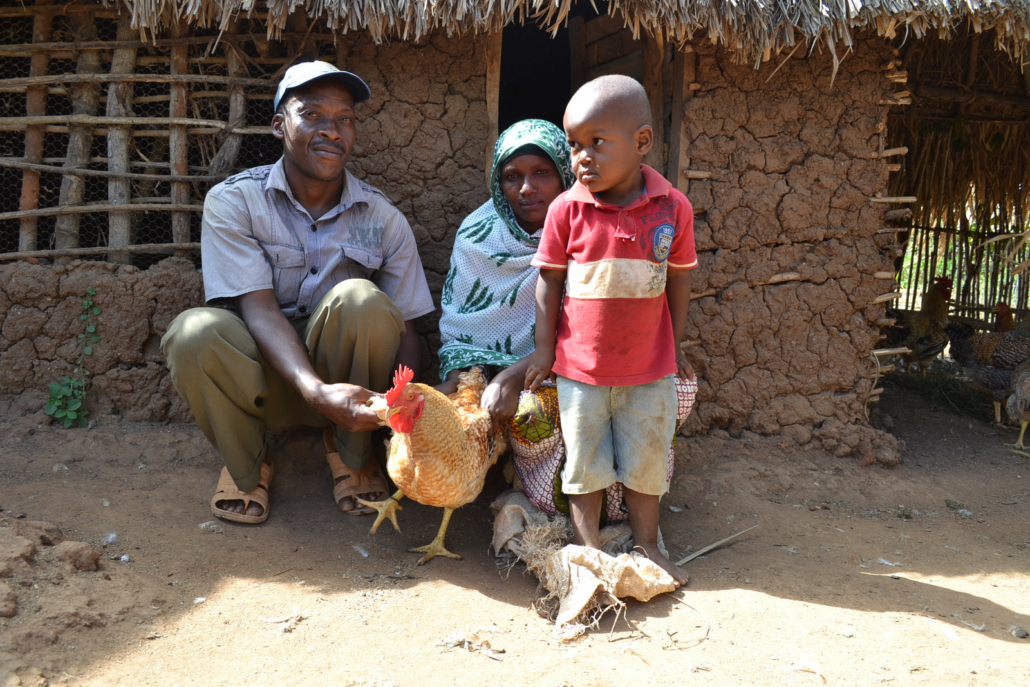The Business of Poultry Farming in Nigeria

Estimates have determined that Nigeria will reach 95 million people living in poverty in 2022. In order to lift people out of poverty, poultry farming in Nigeria is a lucrative business with a promising prospect; the country has the most significant number of chickens in Africa and the largest annual egg production. In 2019, poultry farming contributed 25% of Nigeria’s agricultural GDP. Additionally, its business provides a major source of protein from ducks, turkey and quails to broiler chickens.
The Importance of Poultry Farming in Nigeria
Poultry farming in Nigeria produces essential food sources as well as the industry uses. Poultry products are rich in minerals, protein, carbohydrates and vitamins. With an expanding middle class and an improvement in the rural economy, the demand for meat and nutrition is increasing each year.
The poultry industry intertwines with human lives and people’s livings. The poultry industry can aid in the production of vaccines and fertilizers for industrial uses, and provide preservatives for semen storage as therapeutic uses, ink for printers and adhesives and feathers for pillows, mattresses and cushions.
In addition, the business of poultry farming in Nigeria opens up job opportunities for locals and improves its economy and living conditions. The jobs provided have a wide range of responsibilities from workers to supervisors and security guards to managers.
Saliu Rasheed is a poultry farmer who transitioned from professional accounting to poultry farming in Nigeria. It is a job that requires patience and challenges such as low stocks and high costs. However, Rasheed said that his poultry was “a very large one and contributed to the development of Lagos State and in turn, the government has been receiving our contributions” which also improves Nigerian Gross Domestic Profit (GDP).
A study that the Nigerian Agricultural Journal published conducted a questionnaire to examine the importance of poultry to farmers and economic development. Respondents acknowledged that poultry farming has contributed significantly to poverty alleviation (M=3.86) and helped reduce the unemployment rate (M=4.42). It also improves the standard of living of farmers (M=4.02) as well as the level of income of farmers (M=3.99).
Youth Empowerment in Poultry Farming
With a youth unemployment rate that was 53% in 2020 in Nigeria, poultry farming is a resource that could generate millions of youth employment in the country. Youth entrepreneurship programs and consistent investments are also a way to use its potential.
Agricorp International, a fast-growing food processing and export company invested 4 billion Nigerian nairas into the poultry industry in Nigeria in 2021. According to the Vanguard, the investment could “provide direct and indirect employment for an estimated 100,000 Nigerian youths by 2025.”
Besides its investment, the company also established its poultry developmental program “Project Eclipse 2025.” Its aim is to assist Nigerian youth in developing skills and management for poultry farming.
Poultry farming in Nigeria expands job opportunities for locals including youth across the nation. It provides different types of uses in food, pharmaceuticals and manufacturing. This business paves the way to a better future for Nigerians by improving the economy and living conditions.
– Jiaying Guo
Photo: Flickr
